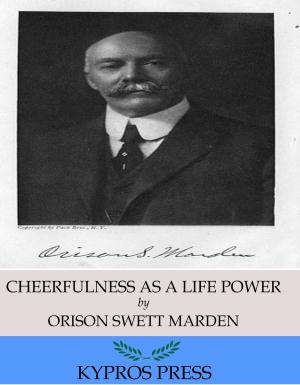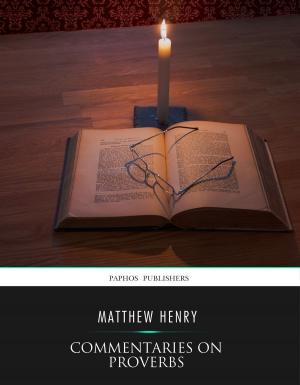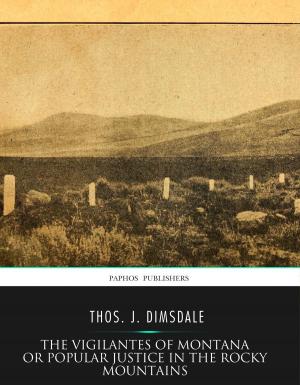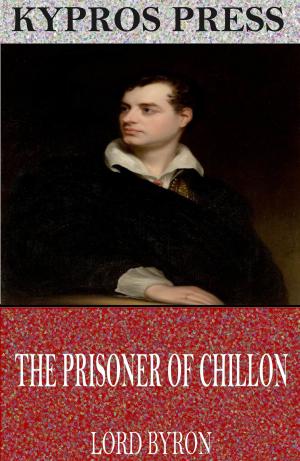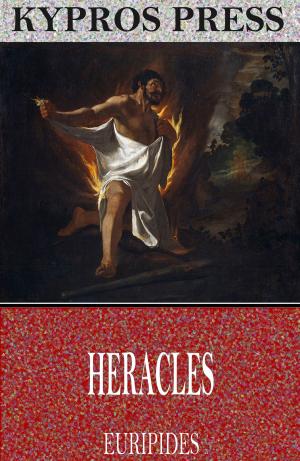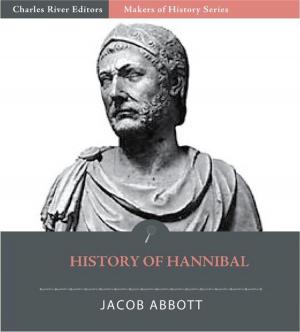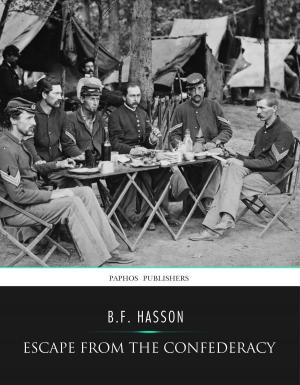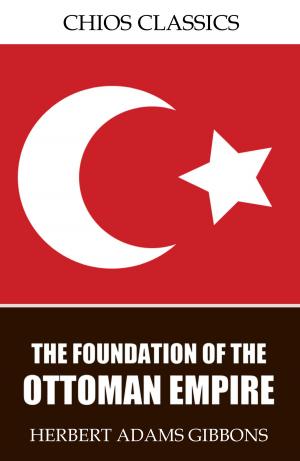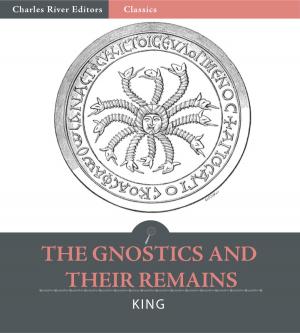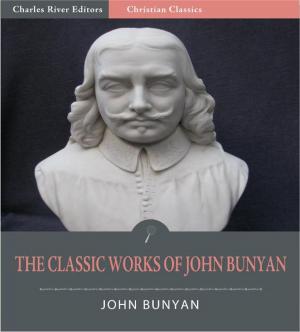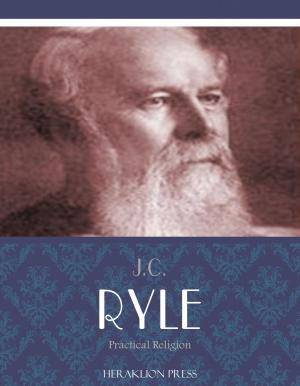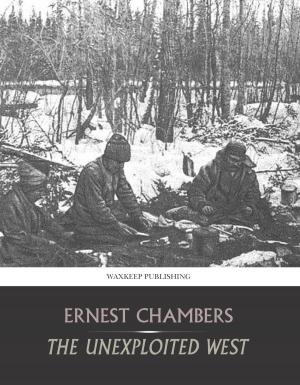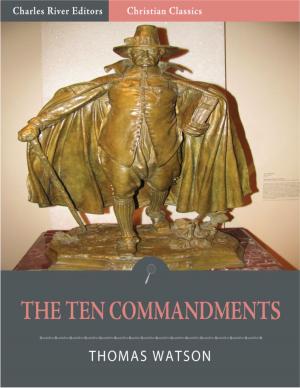Work, Discipline, and Order to Save the Socialist Soviet Republic
Nonfiction, Social & Cultural Studies, Political Science, Government, Communism & Socialism, History, Asian, Russia, Politics, History & Theory| Author: | Leon Trotsky | ISBN: | 9781619825635 |
| Publisher: | Charles River Editors | Publication: | February 17, 2012 |
| Imprint: | Language: | English |
| Author: | Leon Trotsky |
| ISBN: | 9781619825635 |
| Publisher: | Charles River Editors |
| Publication: | February 17, 2012 |
| Imprint: | |
| Language: | English |
Leon Trotsky, born Lev Davidovich Bronshtein, was a Russian Marxist revolutionary and theorist, Soviet politician, and the founder and first leader of the Red Army. After leading a failed struggle of the Left Opposition against the policies and rise of Joseph Stalin in the 1920s and the increasing role of bureaucracy in the Soviet Union, Trotsky was successively removed from power, expelled from the Communist Party, deported from the Soviet Union and assassinated on Stalin's orders. An early advocate of Red Army intervention against European fascism, Trotsky also opposed Stalin's non-aggression pact with Adolf Hitler in the late 1930s. As the head of the Fourth International, Trotsky continued in exile to oppose the Stalinist bureaucracy in the Soviet Union, and was eventually assassinated in Mexico, by Ramón Mercader, a Soviet agent. Trotsky's ideas thus form the basis of Trotskyism, a major school of Marxist thought that is opposed to the theories of Stalinism. He was one of the few Soviet political figures who was never rehabilitated by the government of Mikhail Gorbachev. Trotsky's conception of Permanent Revolution is based on his understanding, drawing on the work of the founder of Russian Marxism Georgy Plekhanov, that in 'backward' countries the tasks of the Bourgeois Democratic Revolution could not be achieved by the bourgeoisie itself. This conception was first developed by Trotsky in collaboration with Alexander Parvus in late 19041905. The relevant articles were later collected in Trotsky's books 1905 and in Permanent Revolution, which also contains his essay "Results and Prospects". Work, Discipline, and Order to Save the Socialist Soviet Republic is a short article by Trotsky that debates the necessity of having a standing army to protect the state. This edition includes a Table of Contents.
Leon Trotsky, born Lev Davidovich Bronshtein, was a Russian Marxist revolutionary and theorist, Soviet politician, and the founder and first leader of the Red Army. After leading a failed struggle of the Left Opposition against the policies and rise of Joseph Stalin in the 1920s and the increasing role of bureaucracy in the Soviet Union, Trotsky was successively removed from power, expelled from the Communist Party, deported from the Soviet Union and assassinated on Stalin's orders. An early advocate of Red Army intervention against European fascism, Trotsky also opposed Stalin's non-aggression pact with Adolf Hitler in the late 1930s. As the head of the Fourth International, Trotsky continued in exile to oppose the Stalinist bureaucracy in the Soviet Union, and was eventually assassinated in Mexico, by Ramón Mercader, a Soviet agent. Trotsky's ideas thus form the basis of Trotskyism, a major school of Marxist thought that is opposed to the theories of Stalinism. He was one of the few Soviet political figures who was never rehabilitated by the government of Mikhail Gorbachev. Trotsky's conception of Permanent Revolution is based on his understanding, drawing on the work of the founder of Russian Marxism Georgy Plekhanov, that in 'backward' countries the tasks of the Bourgeois Democratic Revolution could not be achieved by the bourgeoisie itself. This conception was first developed by Trotsky in collaboration with Alexander Parvus in late 19041905. The relevant articles were later collected in Trotsky's books 1905 and in Permanent Revolution, which also contains his essay "Results and Prospects". Work, Discipline, and Order to Save the Socialist Soviet Republic is a short article by Trotsky that debates the necessity of having a standing army to protect the state. This edition includes a Table of Contents.


